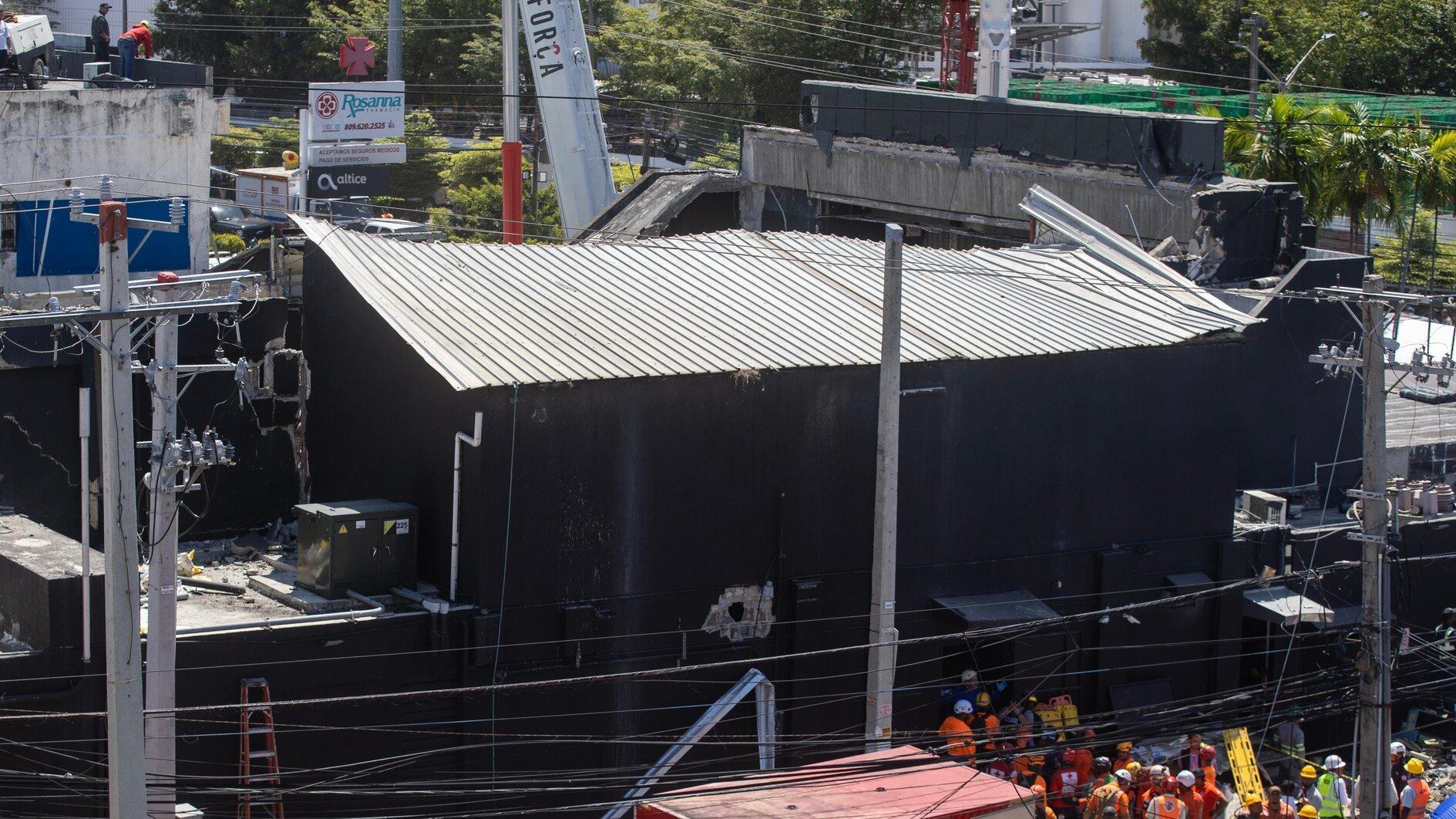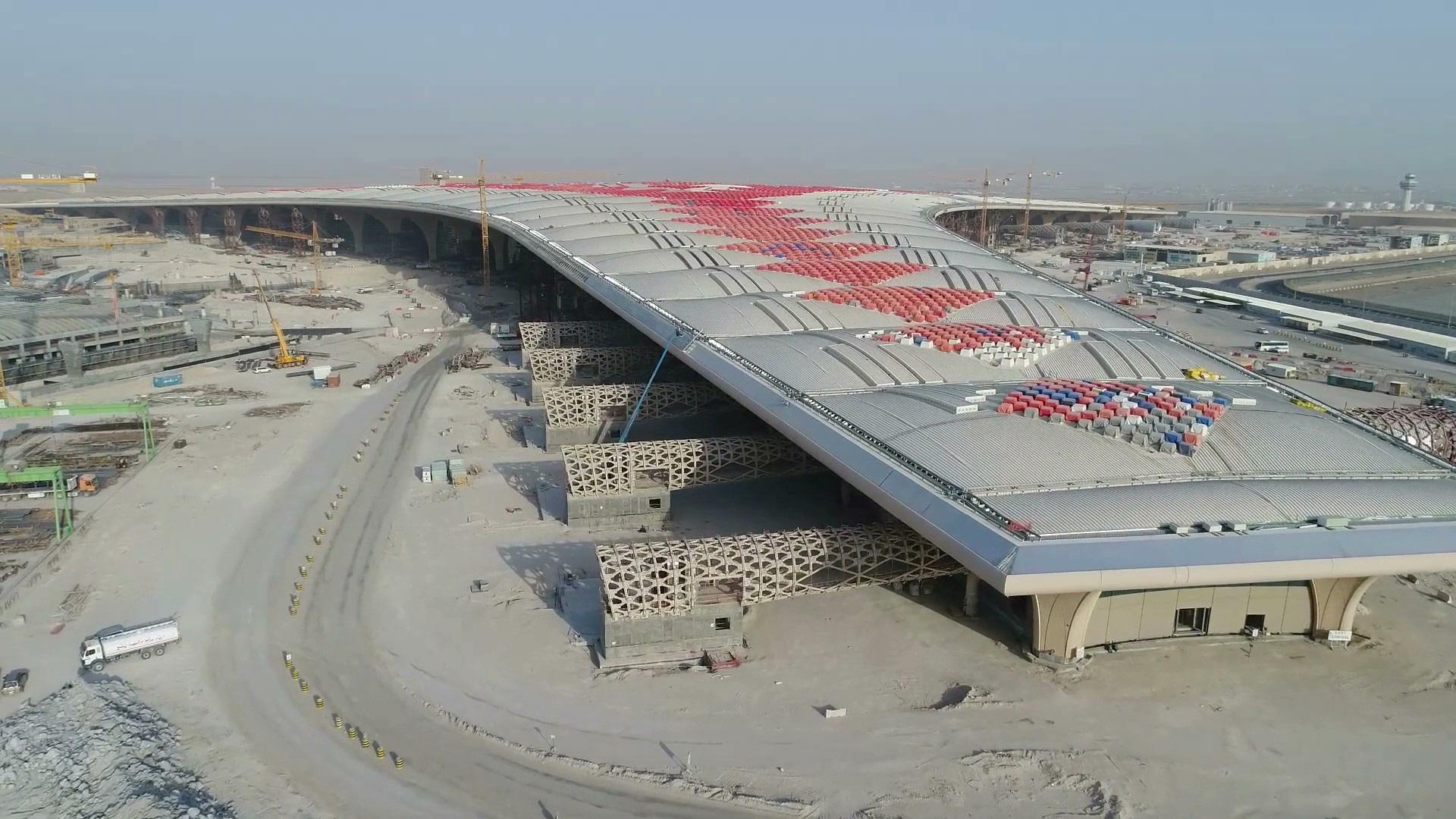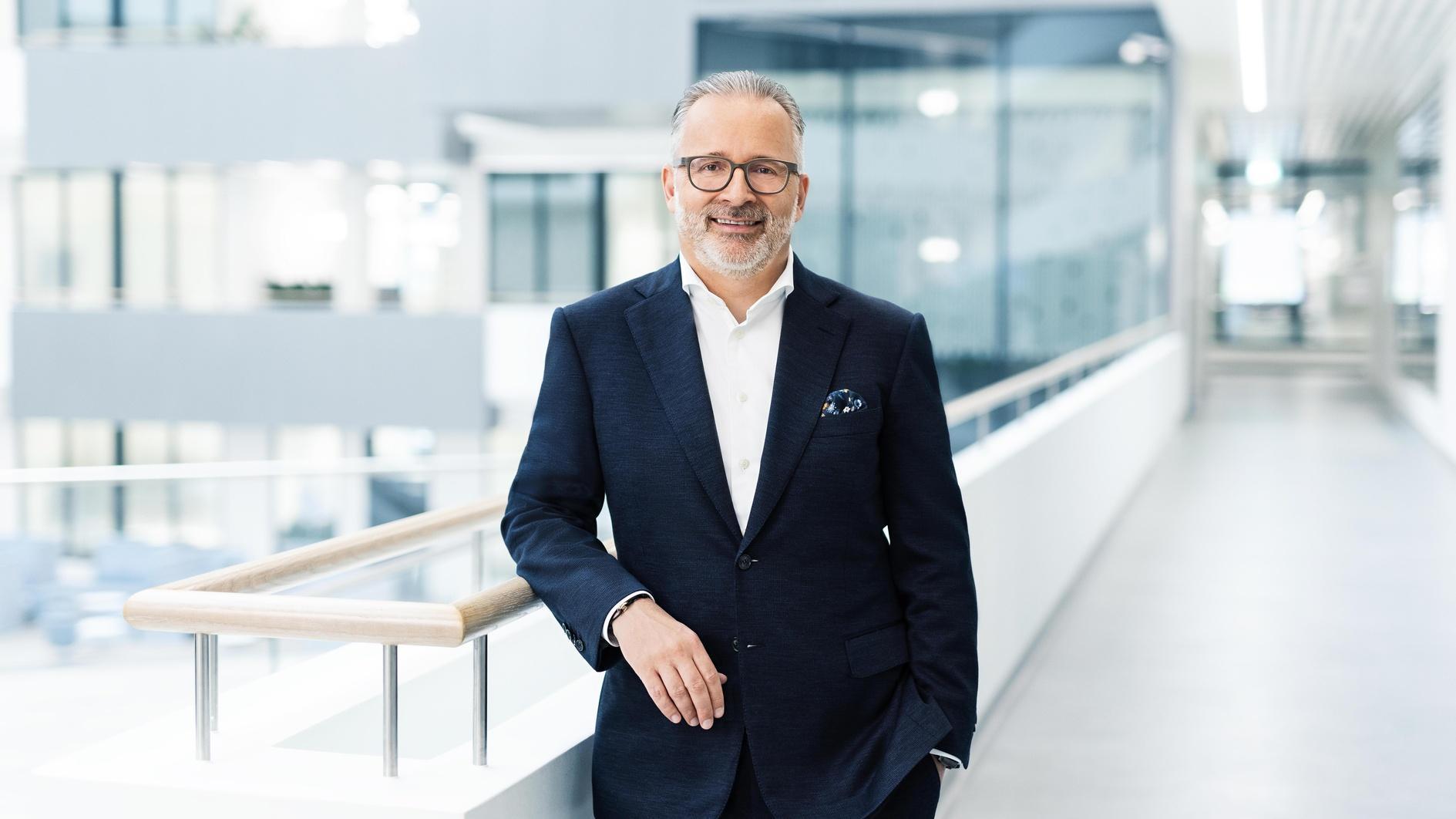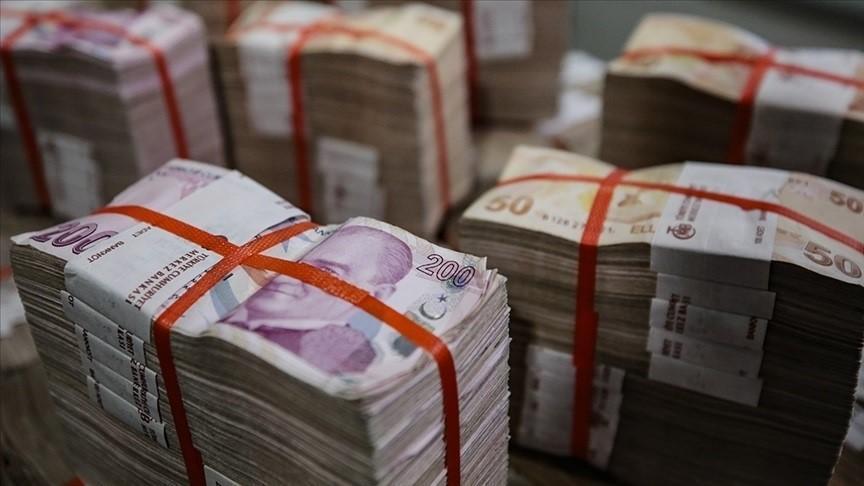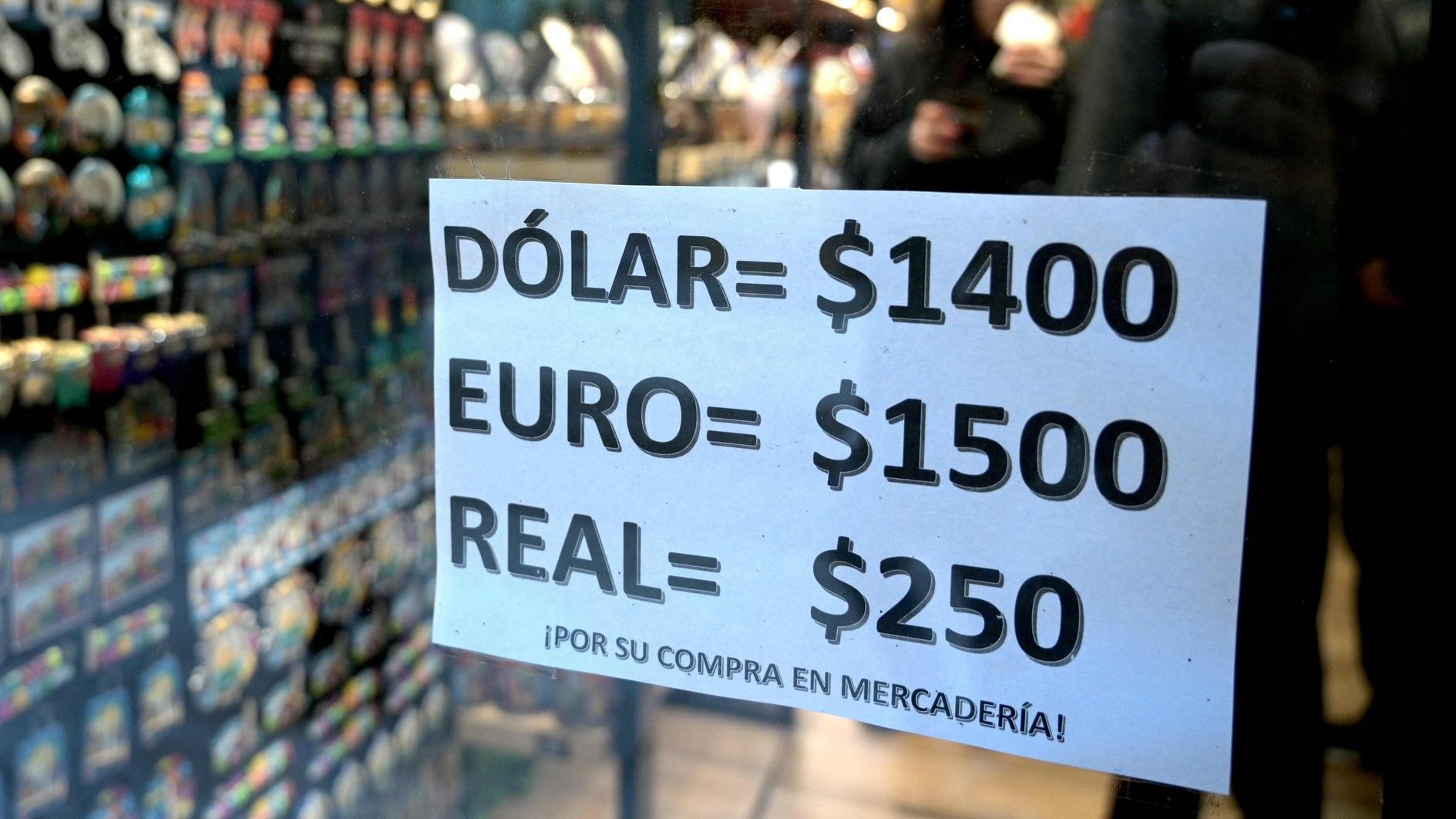Religious freedom for all
BERLIN
I have spent the past three days in the German capital, to attend an international conference organized by the Archons, a religious order whose main focus is to protect the rights of the Ecumenical Patriarchate in Istanbul. But the conference, aptly titled “Tearing down walls,” was focused not only on the Ecumenical Patriarchate or the tiny Greek Orthodox community in Turkey but also other religious minorities that suffer religious freedom violations.For example, the patriarchate is not recognized by the Turkish state with its authentic and official title, “Ecumenical.” The term, which means “universal,” implies that the patriarchate of Constantinople has authority over all other Orthodox Christians of the world. But Turkish nationalism found this global authority unacceptable - merely out of an immature hubris - and rather defined the institution as the “Patriarchate of Phanar,” referring to the insignificant neighborhood in Istanbul in which the patriarchate is located.
A few years ago, Prime Minister Tayyip Erdoğan eased the official obsession on this issue, saying that he had no problem with the title ecumenical “since the Ottomans did not have a problem with it, either.” Yet still, no official text recognizes the Ecumenical Patriarchate as it is.
But that is the least of the problems. A much bigger one is the status of the Halki Seminary, the only institution in which the patriarchate can train new clergy and thus sustain its tradition. The seminary is closed since 1971, when a military junta decided to shut down or “nationalize” all independent schools.
The AKP government has been promising to reopen the Halki Seminary for a decade, but with no result. Indeed it was expected that Erdoğan would take this much-expected step in his much-hailed “democratization package” of last September, but he did not. Word has it that the government decided to take the Halki Seminary out of the “package” at the last moment.
But why? As I explained in the conference, the AKP’s Ottoman references in fact do not create an ideological obstacle to the reopening of Halki Seminary or other Christian institutions or churches. (After all, Halki Seminary was opened in mid-19th century under Ottoman rule, and was closed down by secularist/nationalist generals in the more “modern” era.)
Yet there is still an obstacle: the “reciprocity” principle between Turkey and Greece. Accordingly, both sides see their Greek and Turkish minorities as people in the wrong countries, and do not take any step for them unless the other side does with regards to its own minority.
This was made clear recently by an AKP official, Metin Külünk. “Do not have a doubt,” he said, “Turkey will not take a step to re-open Halki Seminary until Greece, who did not hold up the promise it gave in Lausanne, opens the Fethiye Mosque in Athens.” Notably his audience was the Western Thrace Turks Solidarity Association, founded by ethnic Turks whose cultural and religious rights have often been violated in Greece.
I despise this “reciprocity” idea, and defend religious freedom everywhere regardless of the political context. It is a political reality, though. Therefore, perhaps calls for more religous freedom will be more productive if they try to see and fix the troubles on both sides of the Aegean. They are quite similar problems created by similarly nationalist mindsets, after all.



